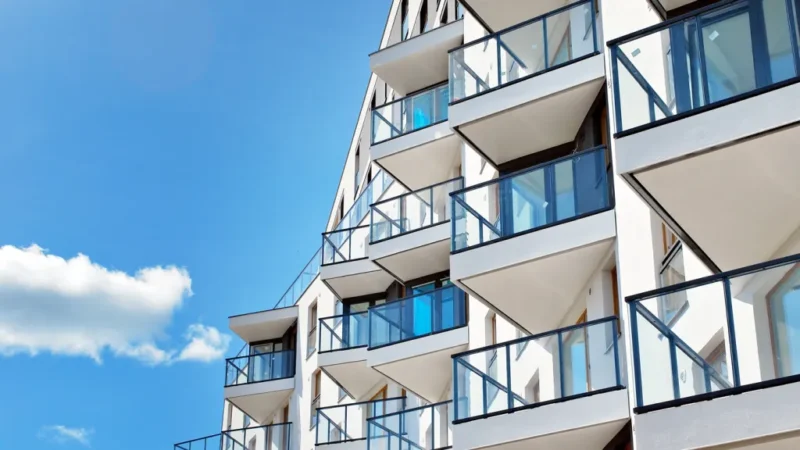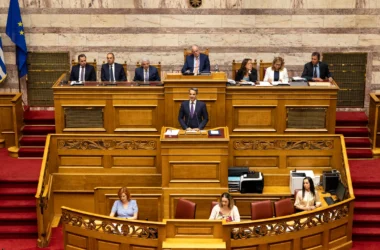As the cost of apartments continues to rise, more Czechs are opting for rented housing, driven by the unaffordability of owning property. The demand for rental units is so high that dozens of people attend viewings for a single property, even in larger cities.
This surge in demand allows landlords to charge higher rents, further escalating the overall cost.
“In Prague, rent has risen by an average of 10% year-on-year. I have no doubt that it will continue to rise unless we address the long-term imbalance between weak supply and strong demand,” said Pavel Kliment, partner at the consulting firm KPMG.
Another consulting company, Deloitte, also reported a notable increase in rental prices. In the second quarter of last year, the average rent in regional cities was 318 CZK per square meter per month. This year, that figure climbed 10%, reaching 350 CZK per square meter.
For a 70-square-meter apartment, this represents a monthly rent of 24,500 CZK. The national average increased by 8.5% year-on-year, to 305 CZK per square meter.
Deloitte’s analysis is based on listings from real estate agencies and websites, but actual rental contract prices are not publicly available, and there is no system for monitoring them.
“Our forecast was confirmed. The slight correction at the end of last year was a short-term phenomenon, and rents are rising again, with the pace now faster than in the first quarter,” commented Petr Hana, director of the real estate and construction department at Deloitte.
When comparing rent prices to salaries over the past decade, it is clear that rents have increased at a similar pace to average salaries. However, this trend largely reflects fluctuations during the COVID-19 pandemic, when short-term rental properties entered the market, forcing landlords to temporarily lower prices.
More recently, rents have been rising faster than wages, and this trend shows no sign of slowing down. According to the Czech Statistical Office, the average gross salary increased by 6.5% year-on-year in the second quarter. The Ministry of Finance’s August forecast predicted a 7.2% salary increase for the year, but both figures fall behind the current rate of rent growth.




